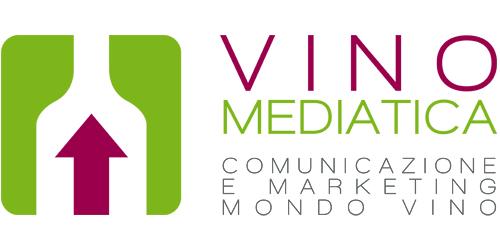If it were a person, it would be a young man connected to tradition and his old dear ones, rooted in the territory, with a solid foundation, or better said, with lees. Luca Ferraro of the Bele Casel winery presents us a traditional prosecco wine, the Asolo Prosecco Colfòndo DOCG, which “looks difficult at first but, taken the right way, it reveals its best and most friendly nature”.
Colfondo is an organic wine produced with Glera and other old grape varieties, such as Bianchetta, Perera, Rabbiosa and Marzemina Bianca. These grapes are over 80 years old and they all grow on hills at 250-300 meters above sea level on acid and medium-depth, clayey or marly soils with a typical greyish colour, good water retention capacity and mineral reserve.
Vinification is performed through soft pressing and must static settling without any aiding oenological products. Subsequently, it is refined in steel tanks for 7 months without filtration or additional sulphites. Refermentation follows the traditional method of the Asolo hills, according to which the prosecco wine has to referment in bottles for about 30 days in a cool and dark place without disgorgement. Then bottles are stacked and stocked for minimum 6 months in a cool and dark to complete aging.
The Colfondo wine has a straw-yellow colour, sometimes hazy. This wine’s aroma is continuously evolving, starting as fresh and fruity in the first few months to become intense and complex one year after bottling. The mineral taste is almost salty, persistent and it leaves a delicate flavor of bread crust in your mouth, together with the pleasant and typical taste of prosecco wine. Colfondo wine should be tasted with the lees, which should not remain on the bottom of the bottle. Gently shake the wine before tasting, so to reactivate yeast suspension. The perfect serving temperature is 8 to 10°C.
Bele Casel is a family business established in the 70s by Ilario, Luca’s grandfather. At that time, Ilario had one hectare of land growing malvasia grapes and, as all good farmers, he used to sell his entire wine production in demijohns. Afterwards he started to work in the winery and the cellar with his brother-in- law, who had just attended the school of oenology. The whole family was involved in wine production, ranging from bottling 200-300 bottles to manually sticking labels and personally delivering to customers on Saturdays. In just a few years, everything had dramatically changed. Only one thing still remains unchanged at Bele Casel: working for quality.



